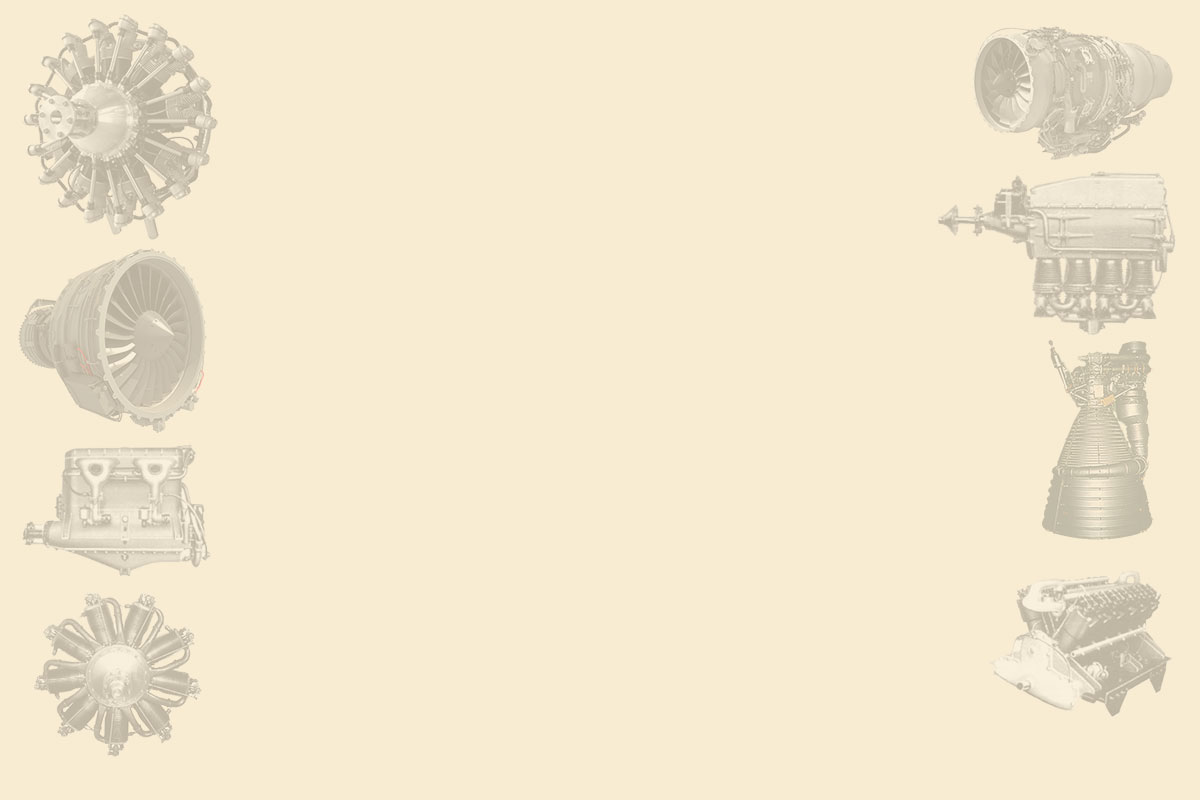Updated: 24-Oct-2020
OGMA made the Jupiter 9Ady as the Ogma P50 around 1931.
-Now it services and maintains a current wide range of engines such as Turbomeca's Turmo and Artouste, which are used by the Armed Forces.
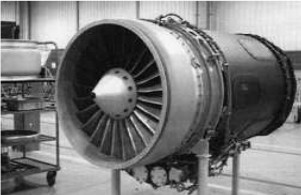
“AE-3007”
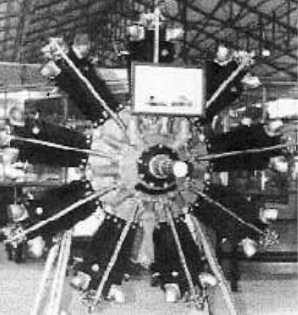
“P50”
-OGMA stands for “Oficinas Gerais de Material Aeronáutico” (Gerais Offices of Aeronautical Material) with large facilities north of Lisbon, since 1928.
-It is proposed here as a Historical Society.
From Appendix 6: In the summer of 2009, the author of this publication paid a visit to the Museu do Ar de la Alverca, before their definitive transfer to Sintra.
-The reason for the visit was to locate the three OGMA engines that were manufactured entirely under license from Bristol and Gnome & Rhone.
-Although the licenses came by rebound through the Gnome & Rhone, because in the case of the Titan and Jupiter they were originally from Bristol. The third engine was the Mistral entirely from G-R.
-The one mentioned and illustrated in the main text is the Jupiter 9ADY which became known as OGMA P-50. and that we have now shown in a new recent photograph.
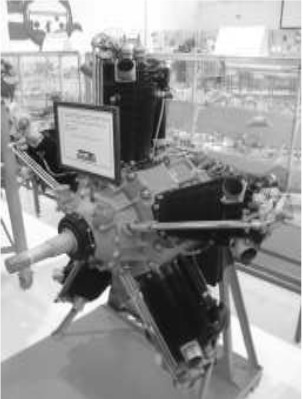
“OGMA Titan 5BA”
-This engine built by the Gerais Offices of Aeronautical Material, in 1934 gave 230 CV and was installed on the Morane Saulnier 233 aircraft.
-The second to be found was the Jupiter that the Portuguese made from 1931.
-Like the original Bristol Jupiter 9ADY, it was a nine-cylinder that gave 420 CV.
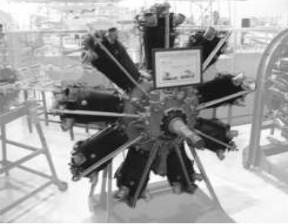
“OGMA Jupiter 9ADY”
-It was installed on the Potez A25-2 and the Vickers Valparaiso III of the Portuguese armed forces.
-And now the Mistral Major 14K as advertised on the front panel above the engine and also as presented on the website. (www.emfa.pt/www/po/musar/motores/expo).
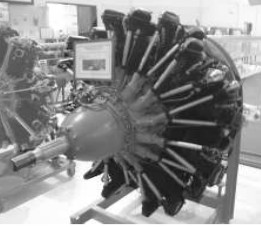
“OGMA Mistral 14M”
-After careful verification, we observe that it is not a 14K but a 14M.
-Precisely on the characteristics plate on the gearbox this information appears.
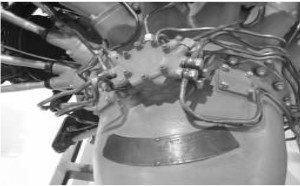
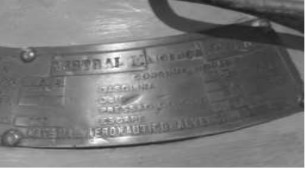
“The engine plate, compressed-air starter distributor and
close-up witn Mistral M details”
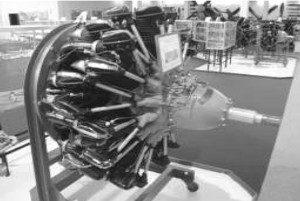
"Better view of this nice OGMA engine"
-We can see the strong inclination of the rear-row cylinder valve rods.
-This is solved by making the camshaft track somewhat inclined (See internally toothed ring with three external lobes, which indicates that it rotates in the opposite direction to the crankshaft).
-The tappet with its roller is also inclined but not as much as the rod.
-In other words, the cam plate has a slightly inclined track, the plunger something more and the rod the rest.
-The goodness of this system is shown by the quantity of these genuine French engines and the countries that made them under license, including the Japanese “Zero”.
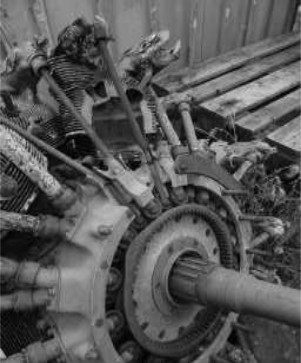
"Remains of G-R 14 at the Museum of Toulouse -FR"
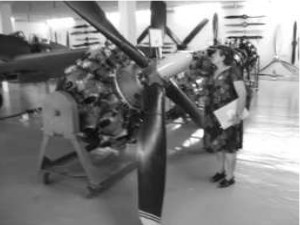
"OGMA engine at the Portuguese Museu do Ar"
-The engine section of the Portuguese Museu do Ar has an interesting collection of motors on display plus another in reserve.
-The Airdisco, Lion, Lorraine, HS-8AA, Cheetah, etc. stand out
Engines of OGMA
Model: 14M (GM 14K y M, Lic.)
Arquitecture:
Cooling:
Total Displacement:
Bore / Stroke: x
Power:
Weight:
Model: 5BA (Titan Lic.)
Arquitecture:
Cooling:
Total Displacement:
Bore / Stroke: x
Power:
Weight:
Model: P-50 (Jupiter 9ADY, Lic. G-R/Bristol)
Arquitecture:
Cooling:
Total Displacement:
Bore / Stroke: x
Power:
Weight:
